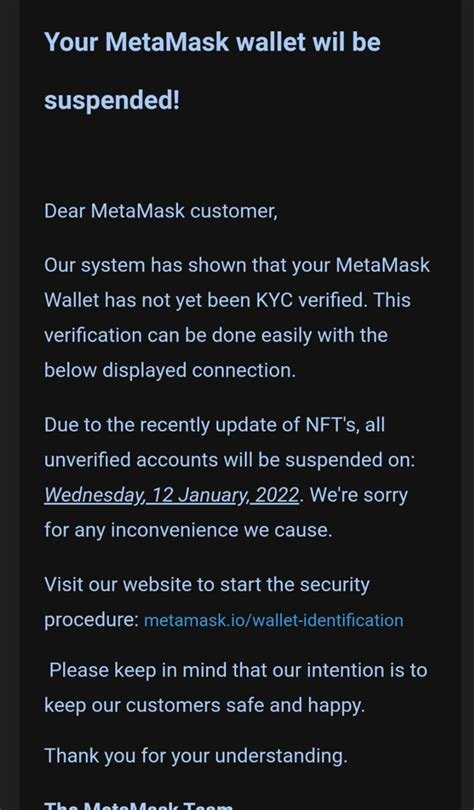Metamask: Can I connect to Infura using a standalone executable?
As a new Ethereum developer, you’re probably familiar with Metamask, a popular tool for managing Ethereum wallets and interacting with the Ethereum network. However, connecting to Infura, a third-party data analytics platform, using a standalone executable can be a bit more complicated. In this article, we’ll check if you can connect to Infura using the Metamask executable.
What is Infura?
Infura is a web-based data analytics platform that provides access to Ethereum data and APIs for various use cases, such as contract development, research, and analysis. To connect to Infura, you’ll need to create an account on the Infura website and obtain an API key, which will allow you to make requests to their APIs.
Connecting Metamask to Infura

When using Metamask, you can connect to various blockchains, including Ethereum (mainnet, Ropsten, Rinkeby, etc.). However, connecting to Infura requires a few extra steps and considerations.
To connect to Infura with Metamask, follow these general steps:
- Launch Metamask on your local computer.
- Open the MetaMask browser extension or go to the main website in your preferred browser.
- Log in using your Ethereum wallet credentials.
- Go to the “Settings” icon (gear icon) and select “Infura”.
- Fill in the required information, including:
- API Key: obtained from your Infura account settings
- Infura Project ID: choose a random value for this purpose
- Working Protocol: set to “eth”
- Save changes.
Standalone Executable
Now this is where it gets interesting. To connect to Infura using a standalone executable, you need to create a custom application that integrates with Metamask and Infura. This can be done by writing a Python script or a Node.js module using the requests library to make HTTP requests.
Here is an example of how you can use a standalone executable to connect to Infura:
import requests
Set your API key, Infura project ID, and worker protocolapi_key = "YOUR_API_KEY"
infura_project_id = "YOUR_infura_PROJECT_ID"
worker_protocol = "eth"
Set the endpoint URL for the Infura APIendpoint_url = f"
Create a URL with your Metamask credentials and request headersurl = f"{endpoint_url}?metamask-credentials={api_key}&worker-protocol={worker_protocol}"
Create an HTTP GET request to connect to Infuraresponse = requests.get(url)
Check if the connection was successfulif response.status_code == 200:
print("Connected to Infura successfully!")
else:
print(f"Failed to connect to Infura: {response.text}")
Challenges and Considerations
While it is technically possible to use a standalone executable to connect to Infura, there are some challenges and considerations to be aware of:
- Security: Using a standalone executable can introduce additional security risks if not configured properly. Make sure to handle API keys securely and never hardcode them into your scripts.
- Complexity: Integrating Metamask with a standalone executable requires more effort than simply connecting to Infura via a browser extension or web interface.
- Performance: Using the standalone executable may incur additional latency compared to using the browser extension or web interface.
Conclusion
While it is possible to connect to Infura using the standalone executable, it is important to carefully evaluate the risks and complexity. Metamask provides a convenient way to manage Ethereum wallets and interact with the network, but connecting to third-party APIs like Infura requires additional effort and consideration.